Common References
A carrier lane can also be referred to as a freight lane, shipping lane, or trucking lane. In each case, the lane refers to the route routinely served by the carrier. Establishing lanes to operate eliminates waste for LTL carriers, large retail trucking operators, and independent operators. Operating in a carrier lane is much more cost-effective in contrast to attempting to serve everyone everywhere with the same fleet of vehicles.
Independent Operators Lanes
Independent operators are also referred to as independent truckers. They carry partial truckload and full truckload loads within their fixed lanes. Setting up lanes allows these independent operators to promote themselves better, given that they are always carrying cargo in their lane.



Expertise you
can trust
Need specialized heavy equipment shipping?
Our logistics agents have the solutions you need.
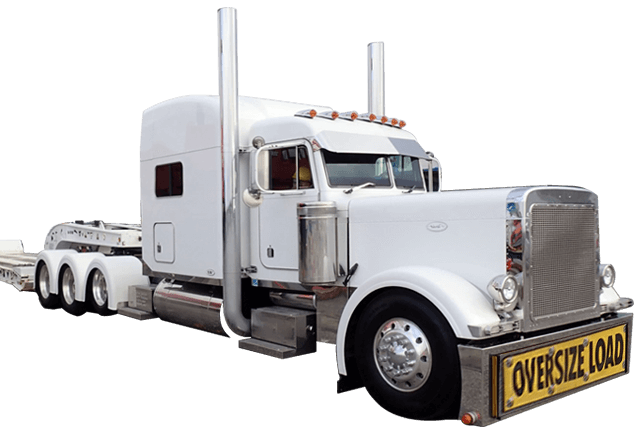
Regional LTL Carrier Lanes
Most carrier lanes operate nationally. There are, however, a few LTL carriers that serve a specific region of the country where they have set up lanes. One of the key benefits of working with a freight broker is that they operate with regional and national carriers. There are cases when you can save money by hiring a regional carrier's services that are operating its lane effectively.
National LTL Carriers
National LTL carries to set up freight lanes that work within given regions and long haul carrier lanes that transcend those regions and transport freight a great distance. A shipment may begin with the carrier's regional lane and be shifted to a hub. It is at this point that a long-haul truck picks it to transport it across the country.
What Factors Determine the Development of Lane Price?
In developing their lane pricing, carriers take into account various factors. These include:
The logistics industry operates similarly to other industries because it is subject to supply and demand laws. Cargo usually costs more to transport when everyone is searching for space on trucks. When that demand reduces, carrier lane pricing usually decreases with waning demand. At the moment, carrier lane rates are minimal owing to the prevailing Covid-19 pandemic.
As the price of fuel increases, carriers are usually forced to increase their lane rates. As fuel cost decreases, the benefits are passed down to the shipper through a fuel cost component that carriers incorporate into their pricing schemes. These fluctuations can directly affect carrier lane pricing.
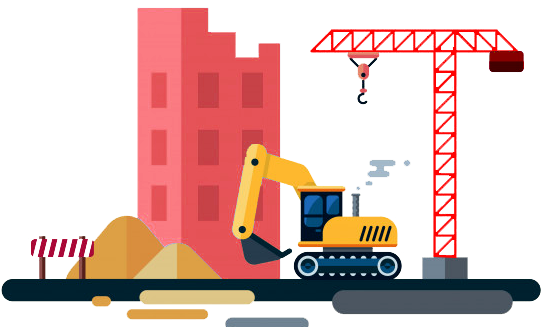
Recent Trucking Solutions by Heavy Equipment Transport
Check out all of our most recent transports below!

Heavy Haulers transports all size Tractors throughout the US, Canada and Mexico. Do you have a material handling or
More Info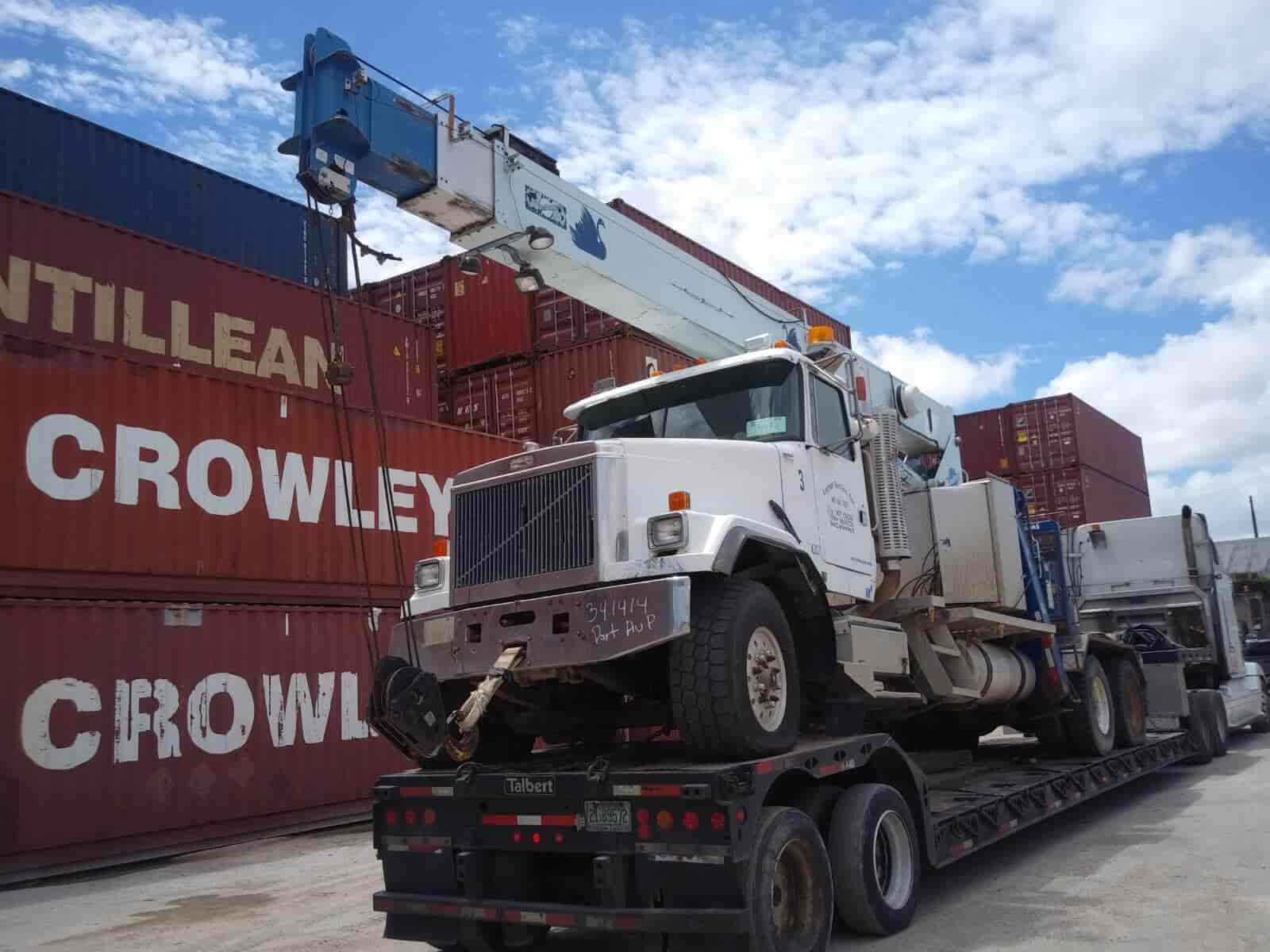
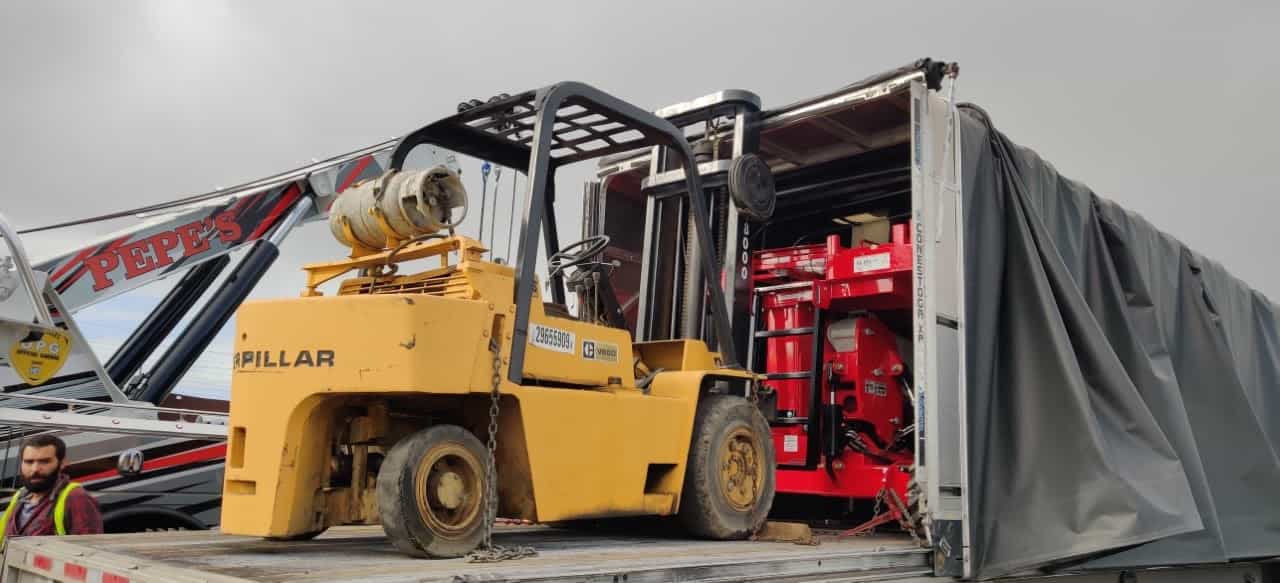
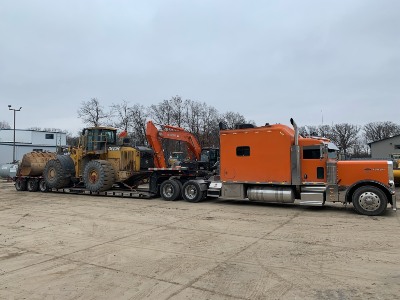
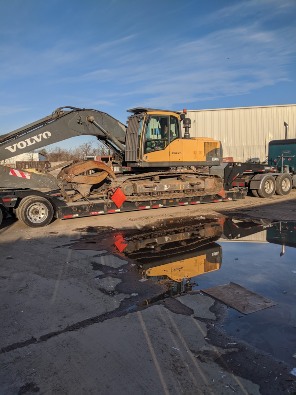
Trailer Type
Heavy Equipment Transport uses all types of trailers. We provide the best trailer transport solutions to fit your needs. Find out more below!
More Definitions:
- Accessorials
- Air Ride Suspension
- Backhaul trucking
- Bill Of Lading
- Billing Adjustment
- Blanket Wrapped Freight
- Blind Shipment
- Bobtail
- Bridge Formula
- Cabover
- Cargo Carrier
- Cargo Company
- Cargo Containers
- Carrier Lanes
- Cartage Services
- Commercial Driver's License
- Common Carriers
- Conestoga Trailer
- Consignor & Consignee
- Container Freight
- Cost Per Mile
- Crating Services
- Cross Docking Container
- Curbside Pickup
- Deadhead
- Deadhead Trucking
- Density Calculator
- Discount Freight
- Drayage Services
- Driver Safety Trucking
- Drop Deck Trailer
- Drop Shipping
- Dry Van Trailer
- Electronic Logging Device
- Estate Shipping
- Final Mile
- First Mile
- Flatbed Trailer
- Freeze Protection
- Freight
- Freight Agency
- Freight Bill Audit
- Freight Broker
- Freight Carrier
- Freight Center
- Freight Companies
- Freight Consolidation
- Freight Cost
- Freight Forwarder
- Freight Forwarding
- Freight Lines
- Freightways
- Limited Access Pick-up and Delivery
- Overweight Load
- Team Driver Trucking
- Trucking Business
- CLICK HERE FOR FULL GLOSSARY
